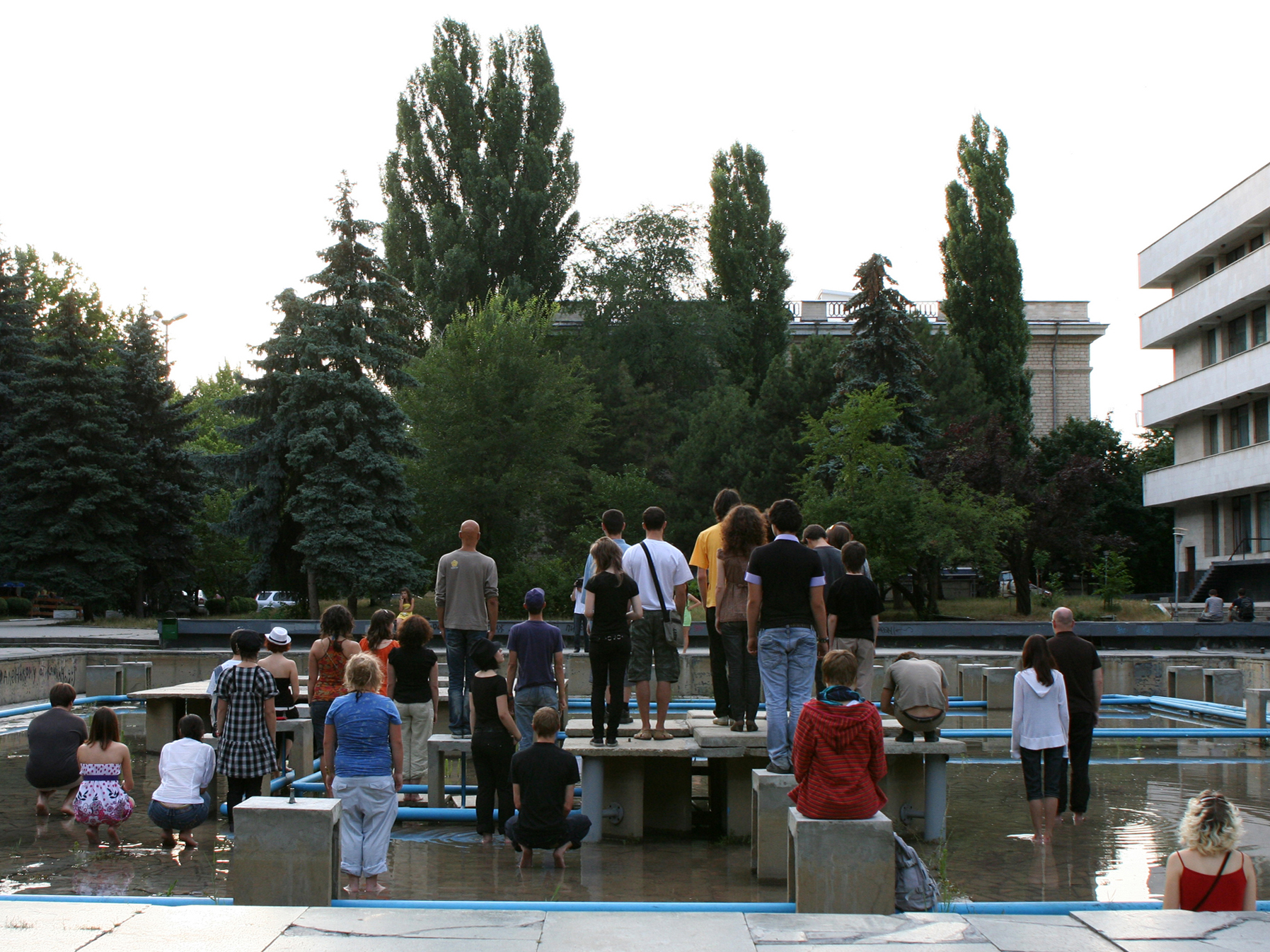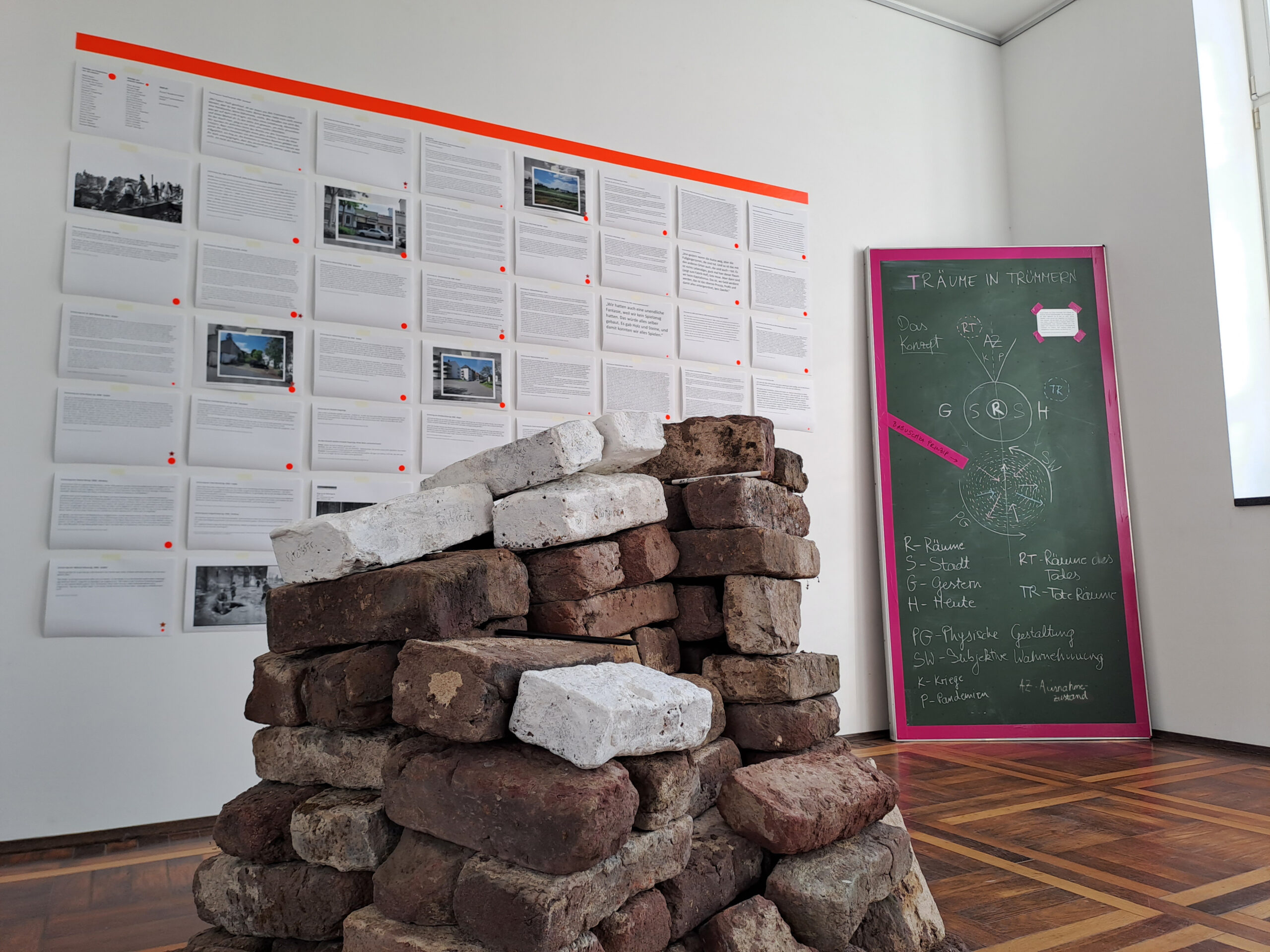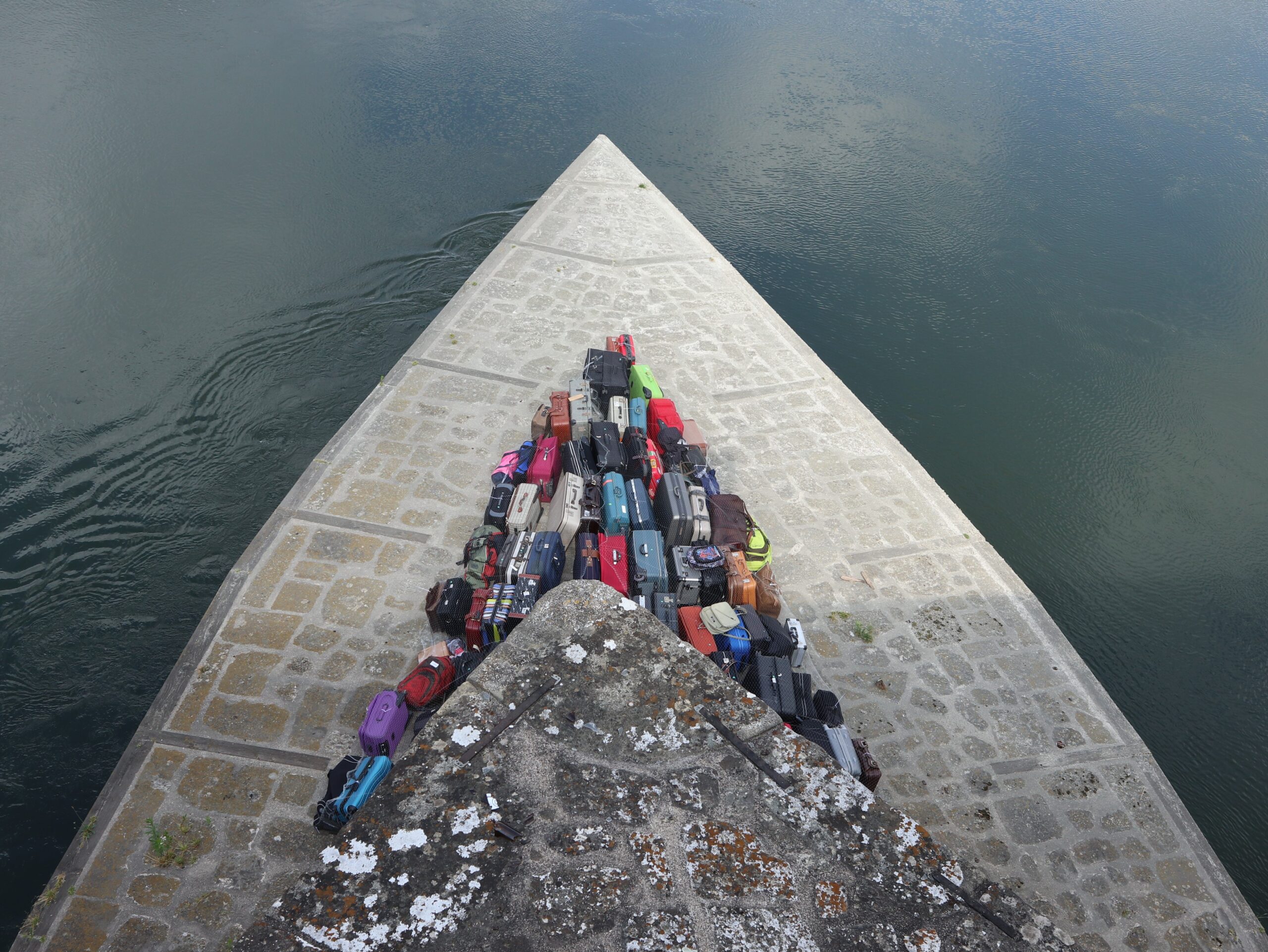Tonka Maleković
Tonka Maleković
| Year of stay: | 2023 |
| Weboldal: | https://tonkamalekovic.com/ |
Tonka Maleković is a visual artist and spatial transformation planner from Zagreb (Croatia), living in Cologne (Germany). She obtained a MFA from the Academy of Fine Arts in Zagreb (2006) and M.Sc. Transforming City Regions from the RWTH Aachen University (2023). She has exhibited in numerous exhibitions in an international context, realized a number of projects in public space, and received several awards for her work, such as: Essl Award CEE 2007; Zagreb Salon Award 2009; Young artist award HDLU 2010, etc.). In 2012 she initiated a Hallway-gallery LiberSPACE – outdoor gallery for ephemeral interventions. She is a co-author and co-curator of a traveling interdisciplinary educational project City at the Second Glance, by PUNKT Association (2013-2018). In 2016 she took part in the project ACTOPOLIS by Goethe-Institute, Urbane Künste Ruhr. In 2020/2021, she attended Kunstmentorat NRW by North Rhine Westphalia state office for fine arts (LaB K). She received grants and took part in different AiR programs such as: AQB, Culture moves Europe, Budapest; Danube Art Lab AiR, donumenta, Regensburg, Germany (2019); Masterclass in Residence; On Art, Cities and Regeneration, DEFAULT, Lecce, Italy (2011); Cité Internationale des Arts AiR, Paris, France (2011); KulturKontakt Austria AiR, Vienna, Austria (2010); Temporary City AiR, Pecs, Hungary (2009); P.A.C.T. Zollverein AiR, Essen, Germany (2008) and others.
'I find a specific interest in cities, public space, urban memory, contemporary human flows, and the subtle relationships between self-regulated and politically driven processes at various scales. My works are realized in different media and often take the form of site- and city-specific participative actions, installations, temporary interventions, or lived experiences, where I recompose given context, to reveal hidden narratives. The guiding principles and methodology underpinning my work are rooted in questioning the ecology in artistic realm, particularly issues of overproduction, as well as to economic aspects of artistic labor.'
Malekovic's residency was supported by the Culture Moves Europe programme.

Possibility of the City, 2009

(T)Räume_in_Trümmern, 2023

Compositions of Flow, 2023

Family Tree or the Absent Houses, 2020